Making Sense of the Troubles: A History of the Northern Ireland Conflict
£13.50£16.10 (-16%)
COMPLETELY REVISED AND UPDATED EDITION — THE ESSENTIAL HISTORY OF THE TROUBLES
‘Compellingly written and very even-handed. By far the clearest account of what happened in the Northern Ireland conflict and more importantly why it happened’ Irish News
‘Extraordinarily well-balanced, sane, comprehensive and rich in sober understatement’ Glasgow Herald
__________________________
First published two decades ago, Making Sense of the Troubles is widely regarded as the most ‘comprehensive, considered and compassionate’ (Irish Times) history of the Troubles in Northern Ireland. Written by a distinguished journalist and a teacher of history in Northern Ireland, it surveys the roots of the problems from 1921 onwards, the descent into violence in the late 60s, and the three terrible decades that followed.
In this fully revised and updated version, McKittrick and McVea take into account the momentous events of the ten years that followed their first publication, including the disbanding of the IRA, Ian Paisley’s deal with the Republicans and the historic power-sharing government in Belfast.
__________________________
‘An updated reissue of a collaborative study published 12 years ago to rave reviews as a frank, accurate and authoritative narrative of events which should be required reading for anyone hoping to understand what had been going on in the North’ Irish Independent
‘I would strongly advocate that it be made compulsory reading for everyone in Northern Ireland because for the first time it is our history, all of it warts and all, presented in a clear and understandable way’ Irish News
Read more
Additional information
| Publisher | Penguin (30 Aug. 2012) |
|---|---|
| Language | English |
| Paperback | 416 pages |
| ISBN-10 | 024196265X |
| ISBN-13 | 978-0241962657 |
| Dimensions | 15.4 x 3 x 23.2 cm |

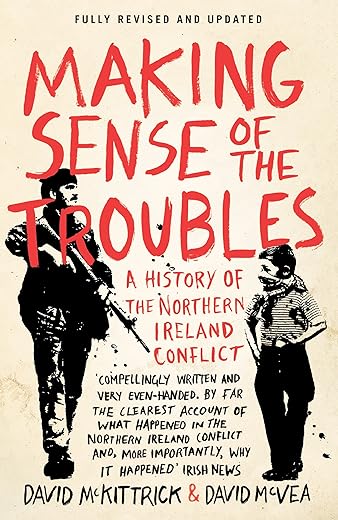
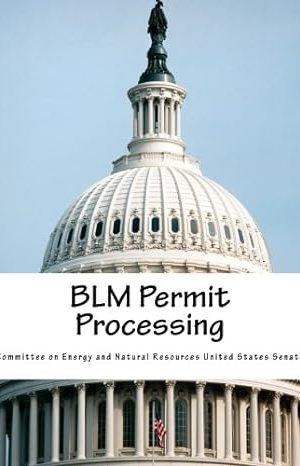
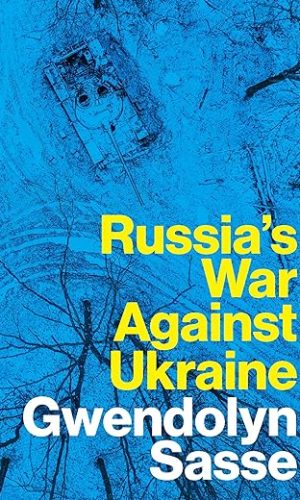
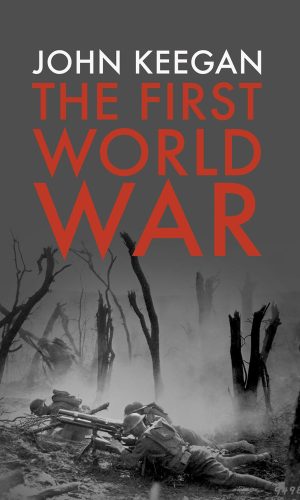
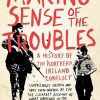
by JC
This book was a complete education for me. I have lived in the greater Belfast area all my life (24 years) yet for the most part I have remained completely ignorant of Northern Irish history and politics, only recently obtaining an interest. I decided to educate myself and purchased this book. I couldn’t put it down.
The book winds chronologically through the Troubles, beginning by skimming over the Easter Rising and Northern Ireland’s inception in the early 20th Century and finishing in 2012. The authors focus on delivering the facts in a clear, unbiased and unemotional manner, leaving the reader to draw their own conclusions.
The accounts of the innumerable atrocities, which often contained quotes from eyewitnesses, had a tear-jerking effect (Bloody Sunday and the Omagh bombing seem to stand out); and the immoral and unethical actions of the many irrational, bigoted and selfish characters that played a role in Northern Ireland’s history, either in politics or through violence, or sometimes both, were astonishing and appalling. The book title suggests the impossible, that sense can be made of the Troubles, but it is nevertheless a thorough and balanced synopsis of what happened.
The book finishes on a positive note citing the unlikely partnership of Ian Paisley and Martin McGuinness, and later the support which Martin McGuinness provided to Peter Robinson after his wife’s affair. It mentions the Queen’s visit to Ireland which was widely acclaimed (by both Nationalists and Unionists) where she commemorated those who died fighting for Irish freedom, visited the scene of Bloody Sunday and delivered a speech at dinner which she began by speaking in Irish. It also mentions the funeral of Michaela Harte – daughter of Micky Harte – which was attended by former loyalist paramilitary leader Winston Rea, who spoke of how welcome the Harte family and Martin McGuinness, who was also at the funeral, made him feel.
It would appear that historical animosities are slowly being eroded and trust is slowly beginning to develop. Statistics and graphs at the back of the book show that the number of Troubles-related deaths per year is at an all-time low, and that the Nationalist and Unionist vote is as close to equal as it has ever been. I find myself excited at the prospect of living in post-Troubles Northern Ireland, uncertain of what lies ahead. This book is a must read for anyone from Northern Ireland, living in Northern Ireland or with an interest in the Troubles. We’re not out of the woods yet but we’re on the right path!
by Luke Williams
The Troubles in Northern Ireland started more than a century ago, and they are an inconceivable time in history. To begin with, a seemingly reasonable settlement after the first world war resulted in British neglect and Unionism establishing total dominance, thereby repressing the Catholic community. Incredibly, this was tolerated until the late-1960s, when images of police brutality forced Britain to take action. That said, Catholic repression absolutely does not condone the subsequent I.R.A. campaign of sheer violence (largely endorsed by Sinn Fein) over the following decades that killed and maimed so many innocent people.
From my own British perspective, this book was interesting in showing the motivations of various Prime Ministers. Harold Wilson wisely first took charge of the Irish problems by insisting that Nationalists be given more representation, yet still misjudged the situation with his ‘spongers’ speech when he became understandably frustrated in the 1970s by Loyalist strikers disrupting peaceful settlements. Ted Heath was disgraceful with his internment policies that alienated many Republicans, and yet came round to reason with the expertly compromising Sunningdale Agreement. The cold-hearted Margaret Thatcher was rightly strong against the I.R.A. hunger-strikers, but required the help of Garret Fitzgerald and S.D.L.P. leader John Hume to form the Anglo-Irish Agreement – Hume would later deservedly receive the Nobel Peace Prize and characteristically donated the prize money to charity. And John Major’s scathing speech about Gerry Adams after a military murder was legendary.
In the end, not even the Good Friday Agreement (which finally brought long-term peace) could stop the extremists from taking charge in the form of Ian Paisley and Martin McGuinness – their past crimes will probably never be atoned for.
Overall, the most disturbing element of the Troubles is the singularly uncompromising attitude from the vast majority of the population. Moderate intelligence was sadly a rare thing (the S.D.L.P. was the most consistent voice of sense, though not perfect). It is truly terrifying that so many people can be consumed by bigotry that they simply cannot see reason. Refusal to negotiate and compromise was the main reason why the Troubles lasted so long.
This book is a very even-handed and neutral account of the history of the Troubles. My sole criticism is that there should have been more detail on crucial events such as the Birmingham pub bombings and the Brighton Conservative conference bomb. If you lived through it and have a strong bias for one particular side then you will probably find it disappointing, but otherwise it is a quality work of social and political history.
by Margaret Rose O’Hagan
Graffic
by Kindle Customer
This book is very informative. It isn’t possible to attempt to understand the contemporary situation in NI without some knowledge of the history of the origins and progression of the troubles. This book explains it well.
by Stephen Balchin
Readable, succinct, but still giving very good sense of why this has been such a difficult conflict to see progress on.